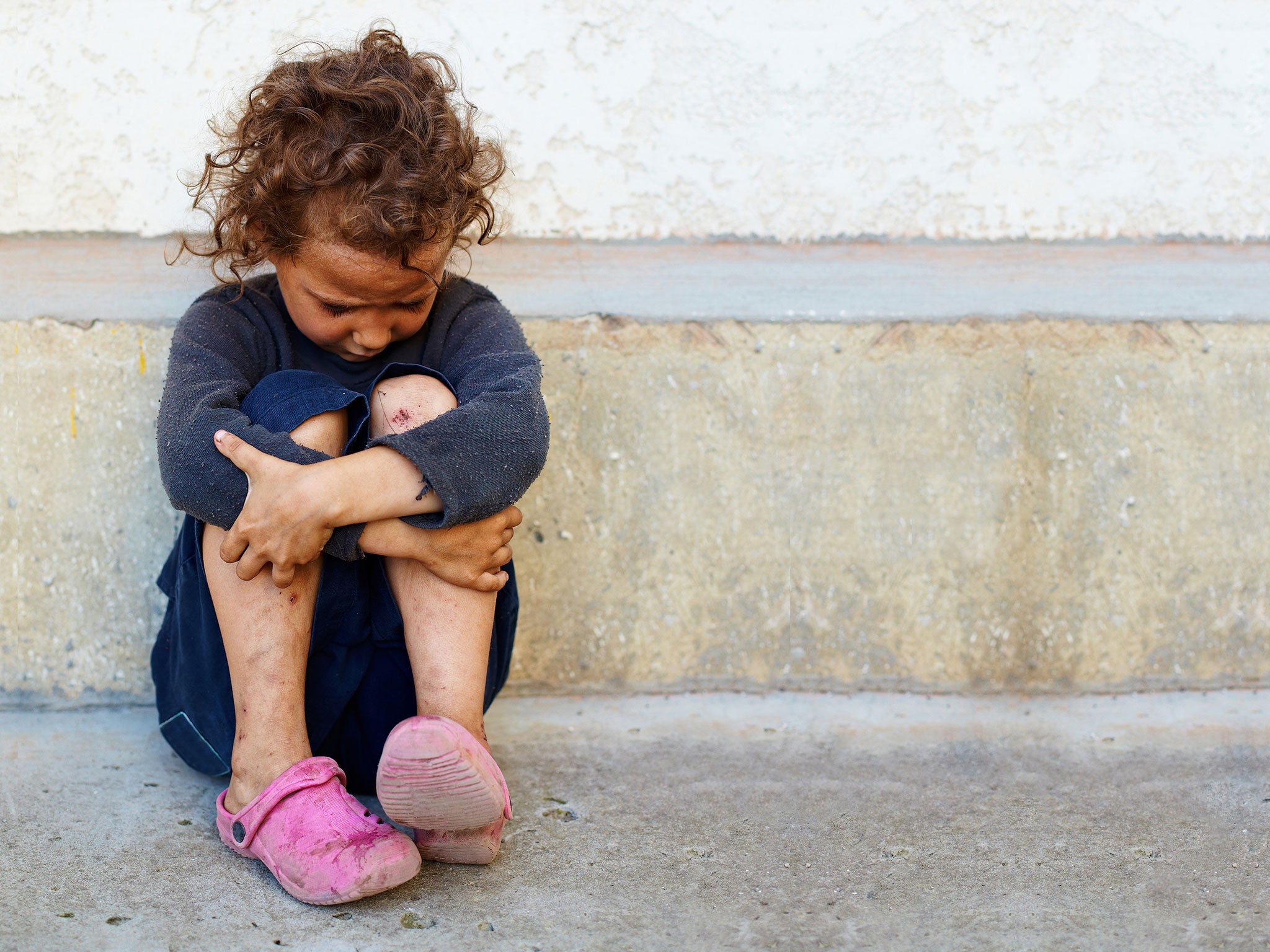Home Office ignores almost 1,600 council offers to take in lone child refugees, figures reveal
'These children are some of the most vulnerable in our society and they’re not being accommodated and supported appropriately'

The Home Office reportedly ignored almost 1,600 offers from councils to take in asylum seeking children.
Hertfordshire said it had offered to support at least 100 more children, Essex had space for 95 more and Bradford had the capacity to take on 79.
A Freedom of Information requests submitted by Vice magazine showed that in total, councils had voluntarily offered to accept 1,572 more children than they were currently supporting.
The figures were revealed as the Home Office admitted that an “administrative error” led to 130 places for child refugees offered by local councils not being taken into consideration as part of the Dubs Amendment scheme.
Campaigners said this highlighted the “chaotic system” the Government had adopted in the safeguarding of unaccompanied minors.
The offers from councils were made in response to the creation of the National Transfer Scheme in July last year.
The scheme was designed to take unaccompanied children from areas such as Kent and Croydon, which were supporting disproportionately large numbers and relocate them to other areas of the country.
More than four out of five of the 80 per cent of councils that responded to Vice’s Freedom of Information requests said they had signed up to the scheme, and half said they had made a commitment to support the equivalent to 0.07 per cent of their total child population.
Fewer than one in five had declined to accept any children at all.
The Government has maintained that the scheme is voluntary, despite the fact that the Immigration Act 2016 gave it powers to make the scheme mandatory, which would enable the UK to help many more refugee children.
Responding to the figures, Debbie Beadle, head of youth development at ECPAT, a leading children’s rights organisation in the UK campaigning against child trafficking, said the Government’s dismissal of places offered was “disappointing”, warning that it would be driving vulnerable children into the hands of traffickers.
“This is disappointing. These children are some of the most vulnerable in our society and they’re not being accommodated and supported appropriately, which is leaving them at risk of trafficking and exploitation,” Ms Beadle told The Independent.
“We’re leaving them in very vulnerable positions. In the UK we have a Children’s Act which is meant to be in place to safeguard all children no matter what their status or where they’re from, and in this case we’re failing them.
“Kids are being picked up by people with other ideas. It leads children into the hands of traffickers and other dangerous people who are going to abuse them. They don’t see any hope the other way when they get a negative response.”
Lord Dubs also told Vice: “For some time we've been telling the Home Office that local authorities all the way from London to Scotland are willing to take more unaccompanied asylum seeking children.”
Asked why these offers had been ignored, he said: “It beats me. We're talking about an important point of principle. We're not talking about vast numbers.”
Bishop Jonathan Clark, chairman of Citizens UK Safe Passage programme, meanwhile said: “This research reflects what we are hearing from Refugees Welcome groups across the UK: that many councils have space to take more child refugees.
"We call on the government to look again at its decision to close the 'Dubs scheme' and re-consult with councils on capacity so more children can in future benefit.”
There has already been speculation about the Home Office’s dismissal of council offers. Britain’s largest fostering and adoption charity, Tact Care, told The Independent last month that the UK had capacity to take in at least 1,300 more child refugees — 10 times more than the 130 the Home Office had specified — but that it was adopting a “chaotic system” that was leaving places unaccounted for.
Andy Elvin, chief executive of the charity, said: “The Home Office is spouting continuous lies. There is room for at least 1,300 children in the UK, but due to a chaotic system many places are going unaccounted for. They didn’t have an organised process of asking local authorities how many places they could offer Dubs children."
The Government announced in early February that it was to close the Dubs scheme – intended to grant 3,000 vulnerable unaccompanied minors a safe passage to Britain – after accepting just 350, as well as ending an accelerated scheme to assess direct family ties through the Dublin regulation.
Following anger from human rights campaigners, the Home Office has since said it would reconsider cases of children “normally resident in the Calais camp” for family reunification, but this process is said to be “very slow” and does not apply to vulnerable minors without family in the UK, prompting a growing number to turn to illegal routes.
The number of underage refugees northern France is meanwhile steadily increasing, which charities and campaigners have warned is generating a new “consumer base” for smugglers and people traffickers in the region, as they coerce children into taking illegal routes involving large debts or exploitation.
Join our commenting forum
Join thought-provoking conversations, follow other Independent readers and see their replies
Comments
Bookmark popover
Removed from bookmarks